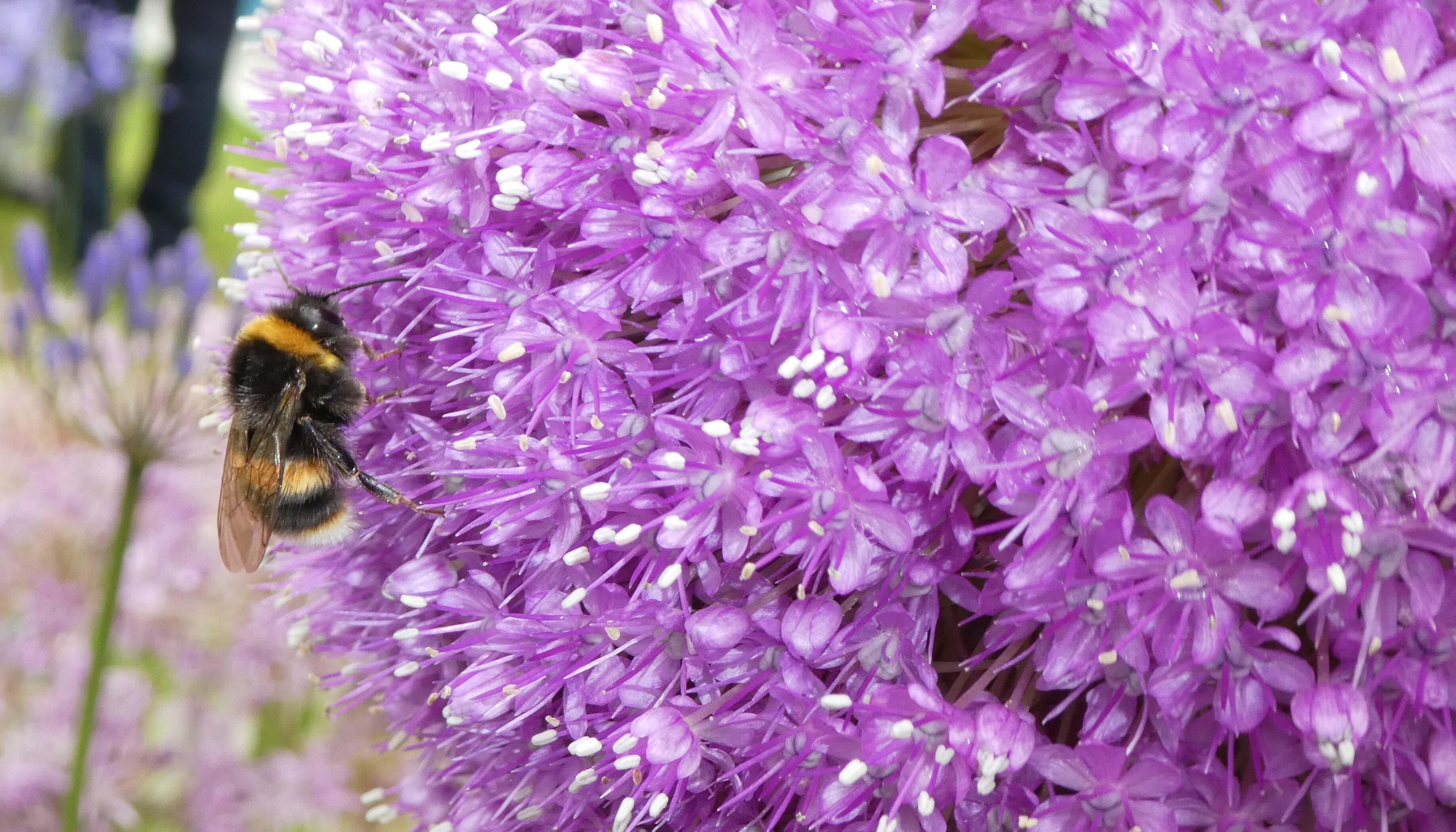
Summer wouldn’t be complete without the drone of bumblebees flitting from flower to flower. Aside from aesthetics, bees play an important role in our economy as well as our gardens. In the UK, the bumblebee is a key pollinator of crops and wildflowers and, therefore, essential for a healthy environment.
There are 25 species of bumblebee in the UK, but since 1940 we have seen a decline in numbers. Three species are now extinct and more are in danger of following the same path.
How can you encourage bees into your garden?
The biggest problem bees face is a lack of nectar and pollen rich flowering plants. To combat this, grow a range of plants for year-round flowering such as foxglove, honeysuckle, jasmine, and lavender. As there are so many different species of bee out there, variety is key when it comes to planting. Bees can vary in size which means they favour different flowers with different shapes. They also love colour, particularly blue, purple, violet, white and yellow. Fill your garden with a range of colour, sizes, and heights for maximum effect.
You don’t need a large garden to entice our busy friends. Plant a small area with a range of flowers and you will be sure to find more than a few bees enjoying your garden between March and September. You can also provide a welcome break for them by making a water garden! Simply get a shallow bowl, place rocks of different sizes inside, then fill with water before placing it in your garden. Alternatively, install a pond with a shallower area for bees. A single hive can use up to one litre of water on a hot day, so this addition to your garden can make all the difference.
Contact Us:
If you would like to make your garden more wildlife-friendly, contact us! Customers choosing our Landscape Design packages can include bespoke planting plans. These specify plants by their botanical and common names, as well as their size, and growing conditions. This is a great option if you’re looking to take on your own DIY gardening project but aren’t sure where to start.
For more gardening tips please visit our Facebook page.
